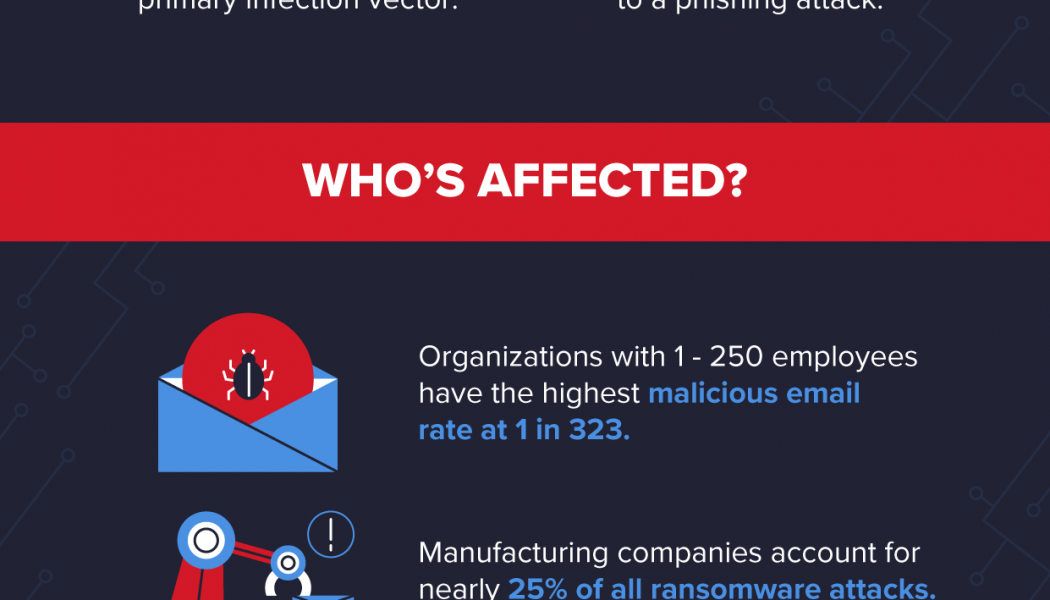Kaspersky news
Almost 50% of South Africans Will Avoid a Service Provider Following a Data Breach, Research Shows
Nearly half of South African consumers (46%) would walk away from an online service provider if it suffered any form of data breach, according to a global study by Kaspersky. The idea of avoidable data misuse is likely to incur even greater wrath from respondents, however, with 68% affirming they would no longer use the provider for fear of their data being sold to a third party in this case. As consumers understand more about businesses’ data privacy responsibilities, more transparency is needed from those companies about how they handle user data. Having to shop, be entertained, communicate and conduct business virtually is likely to have sparked heightened awareness about how much data is being offered, and what the upshots of this proliferation could be. Over two-thirds (67%) of respon...
South Africa, Kenya and Nigeria Suffer 28 Million Malware Attacks
Sourced from IDG Connect More than 28 million malware attacks have been recorded in South Africa, Kenya and Nigeria so far this year, according to research from Kaspersky, as well as 102 million detections of ‘grey zone’ software or potentially unwanted programs (PUAs). PUAs are programs that are usually not considered to be malicious by themselves. However, they are generally influencing user experience in a negative way. For instance, adware fills user device with ads; aggressive monetising software propagates unrequested paid offers; downloaders may download even more various applications on the device, sometimes malicious ones. While calculating interim results of threat landscape activity in African countries, the researchers noticed that PUAs attack users almost four times more often...
Kaspersky Extends Reach to West Africa
Kaspersky has partnered with Pan-African distributor company, First Distribution, to expand its security software portfolio into West Africa. First Distribution currently distributes Kaspersky in Southern Africa and East Africa. The addition of the new territory means it now covers the full region for non-Francophone sub-Saharan Africa. Kaspersky is a global cybersecurity company founded in 1997. Kaspersky’s deep threat intelligence and security expertise is said to be constantly transforming into security solutions and services to protect businesses, critical infrastructure, governments and consumers around the globe. The company’s comprehensive security portfolio includes leading endpoint protection and a number of specialised security solutions and services to fight sophisticated and ev...
- 1
- 2









